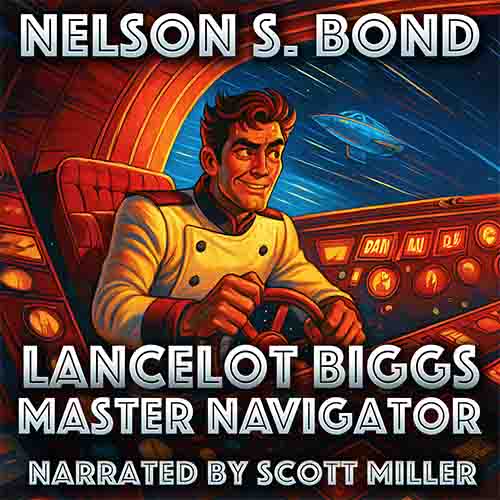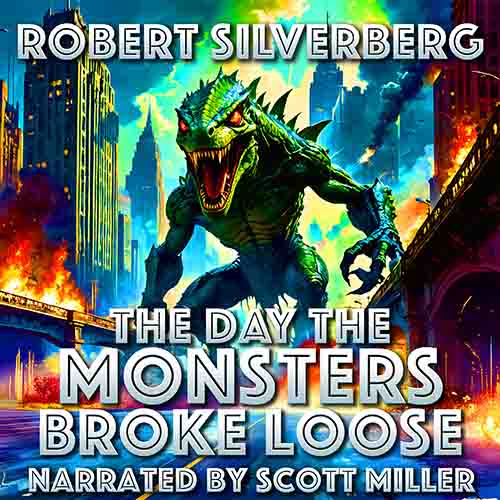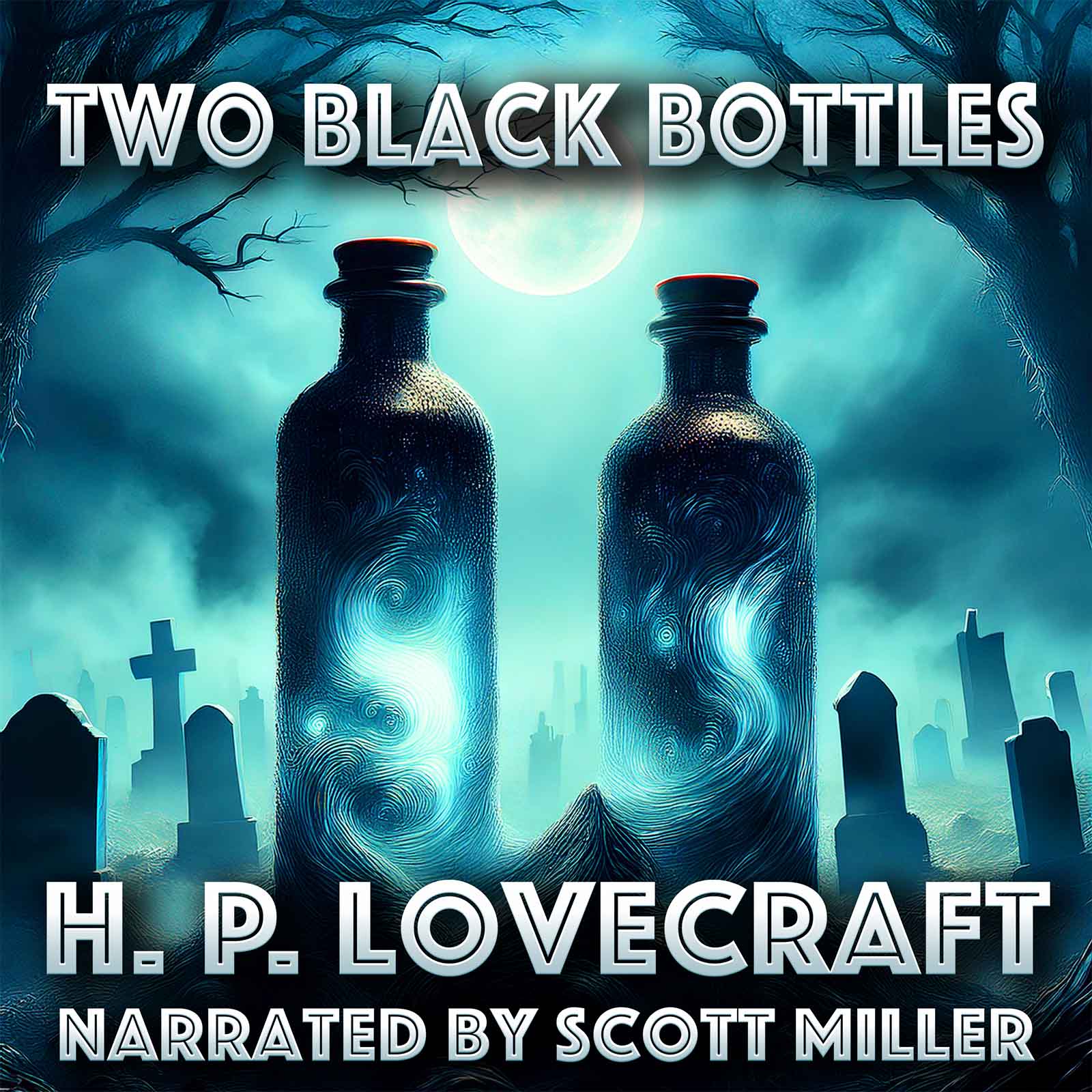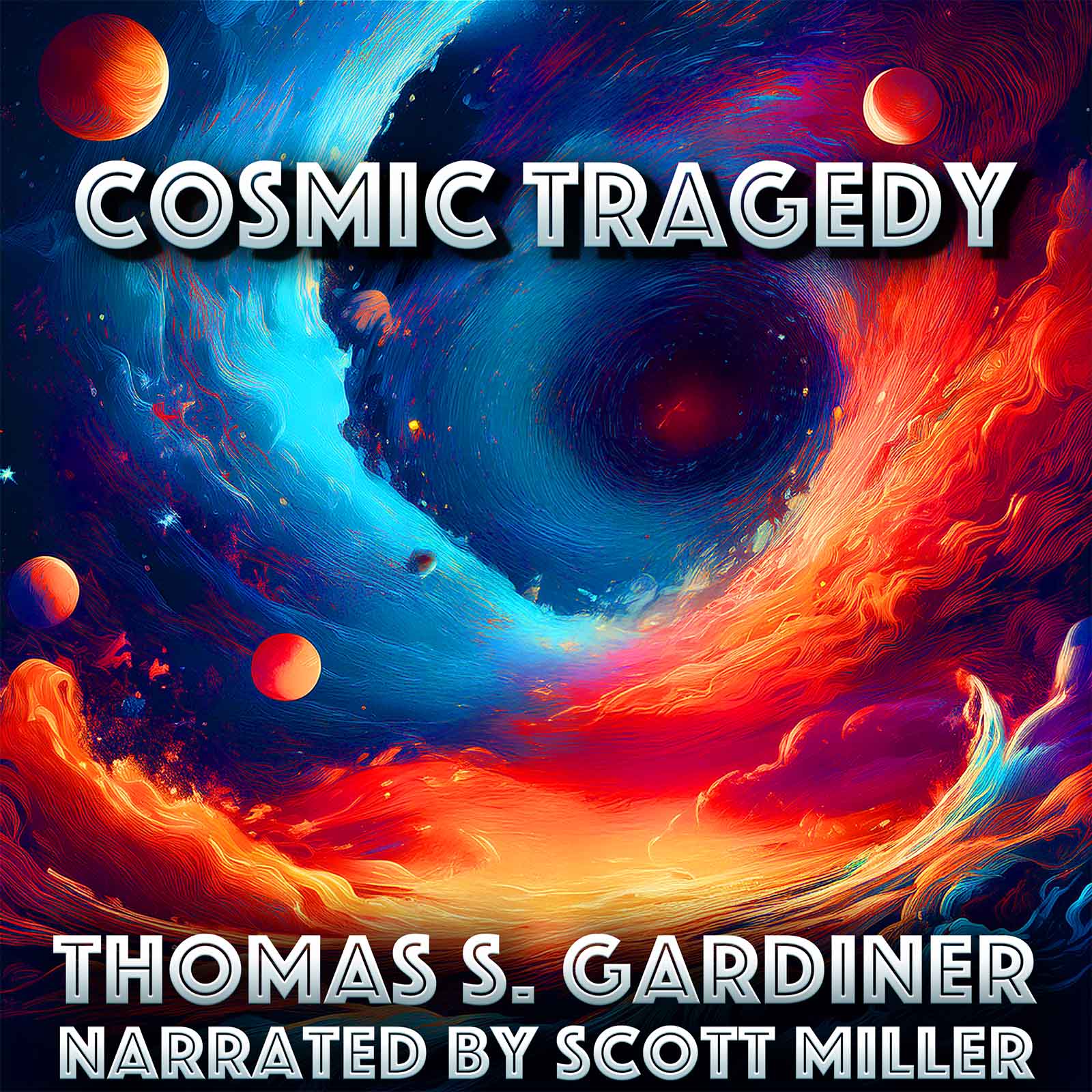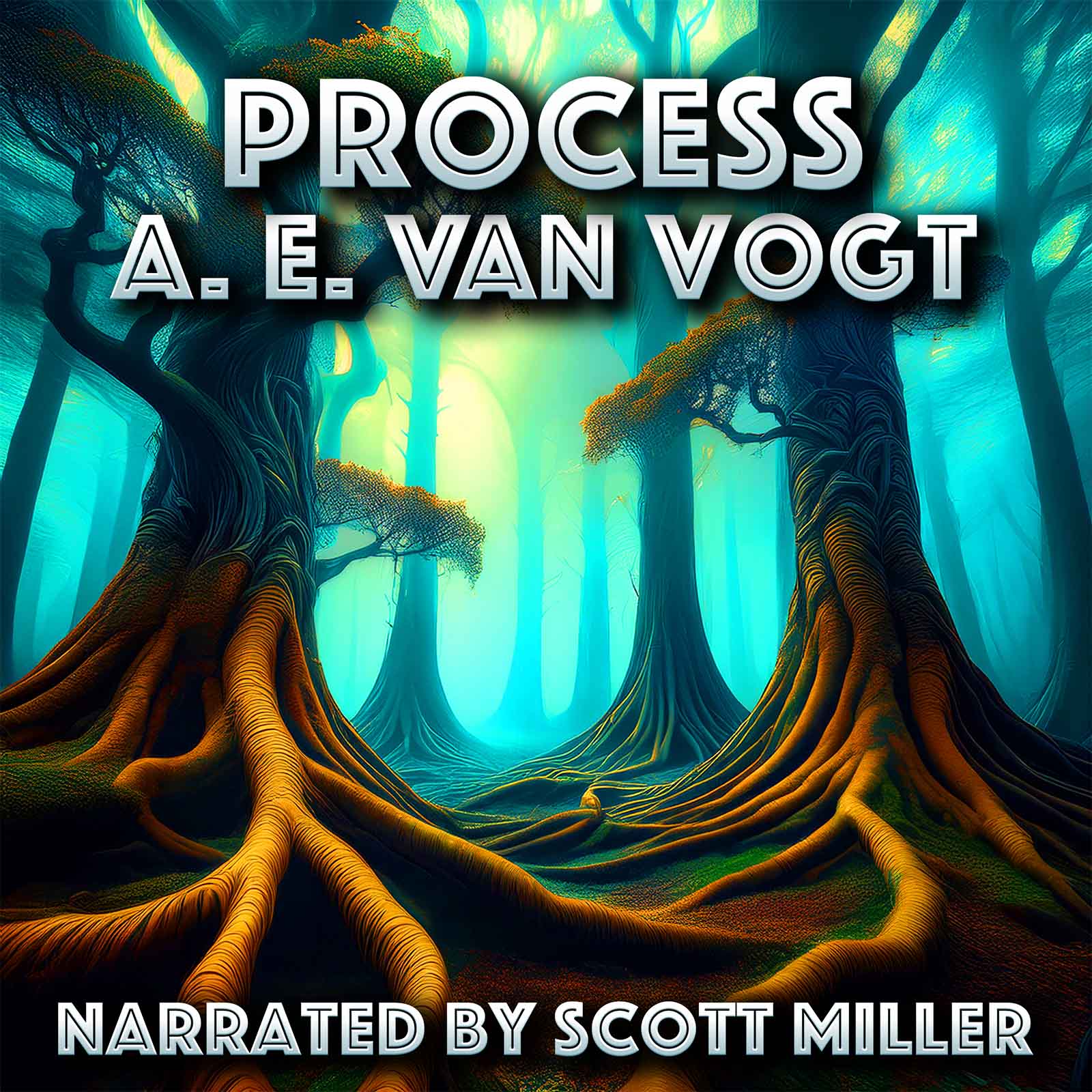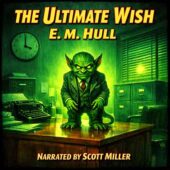Carl Jacobi

Biography
Carl Richard Jacobi (1908–1997) was an American writer of pulp fiction, best remembered for his contributions to horror, fantasy, adventure, and science fiction during the golden age of the pulps. Though never as widely known as some of his contemporaries, Jacobi developed a reputation as a skilled craftsman of atmospheric, fast-paced stories, publishing across dozens of magazines and leaving behind a legacy as one of the most dependable and versatile pulp stylists.
Born in Minneapolis, Minnesota, Jacobi showed an early interest in literature and the macabre. He studied at the University of Minnesota, where he majored in English and wrote for student publications. In the late 1920s he began selling short fiction to pulp magazines, quickly establishing himself in an industry hungry for vivid storytelling. His first professional sale, “Mive” (1928), appeared in Weird Tales, the legendary magazine that also showcased H. P. Lovecraft, Robert E. Howard, and Clark Ashton Smith.
Jacobi soon became a steady contributor to Weird Tales and other pulps such as Thrilling Mystery, Startling Stories, Astounding Science Fiction, Jungle Stories, and Terror Tales. His work covered a wide range of genres: eerie supernatural tales, planetary adventures, lost-world explorations, and hard-edged thrillers. He had a particular gift for atmosphere, often infusing his stories with exotic settings—from Southeast Asia to the steaming jungles of South America—that reflected his fascination with travel and the unknown.
In the realm of weird and horror fiction, Jacobi produced some of his most memorable work. Stories like “Revelations in Black,” “The Satanic Piano,” and “Canal” blended traditional ghostly or supernatural motifs with pulp energy and a knack for unsettling imagery. His horror was rarely as cosmic as Lovecraft’s but often more intimate, grounded in uncanny encounters, cursed objects, or eerie locales. Lovecraft himself corresponded with Jacobi and praised his talent, though Jacobi was never fully drawn into the “Cthulhu Mythos” circle.
As a science fiction writer, Jacobi contributed adventure-driven tales that emphasized exploration and survival. Stories such as “The Tomb from Beyond” and “The Martian Nightmare” fit the tradition of planetary romance, in which protagonists braved alien worlds, strange civilizations, and bizarre creatures. While he did not pioneer new subgenres or ideas in the way of Isaac Asimov or Robert Heinlein, Jacobi’s SF was admired for its craftsmanship and readability. His fiction offered reliable thrills to pulp audiences eager for stories that blended science, suspense, and the fantastic.
Jacobi was also prolific in adventure and jungle pulps, writing stories set in exoticized versions of Africa, Asia, and South America. These often drew on the period’s fascination with faraway locales and colonial adventure, mixing action with mystery and danger. Though such works are now read critically for their pulp-era stereotypes, they reveal Jacobi’s range and his ability to adapt to the varied demands of the pulp marketplace.
In 1947, Arkham House—founded to preserve and promote Lovecraft and his circle—published Jacobi’s first collection, Revelations in Black. This volume helped cement his reputation among fans of the weird tale and preserved some of his finest horror fiction for posterity. Later collections, including Portraits in Moonlight (1964), further demonstrated his ability to conjure atmosphere and deliver chilling, tightly constructed stories.
Despite his considerable output, Jacobi never achieved major financial success. Like many pulp writers, he lived modestly, earning his livelihood through steady but low-paying sales. He remained in Minneapolis for much of his life, working at odd jobs while continuing to write. Unlike contemporaries who transitioned into novels or mainstream markets, Jacobi largely stuck to short stories, which suited his talent for compact, punchy narratives.
In the latter part of his career, Jacobi’s fiction was reprinted in anthologies and small press collections, keeping his name alive among dedicated readers of pulp and weird fiction. His longevity as a writer and his consistency across multiple decades earned him respect in fan circles.
Carl Jacobi passed away in 1997 at the age of 89, one of the last surviving members of the original Weird Tales generation. While not as famous as Lovecraft, Howard, or Clark Ashton Smith, he remains valued for his atmospheric horror stories and his role in sustaining pulp-era traditions. His stories capture the spirit of the pulps—fast-moving, colorful, tinged with mystery and menace.
Legacy: Today, Jacobi is remembered as a “writer’s writer” of the pulp era. His horror fiction, particularly “Revelations in Black” and “The Satanic Piano,” continues to appear in anthologies of classic weird tales. His science fiction and adventure stories offer a glimpse into the pulp imagination of the 1930s and 1940s, when writers were experimenting with genre boundaries and churning out entertainment for mass audiences. For fans of vintage speculative fiction, Jacobi’s work represents both the energy and limitations of the pulp tradition—but above all, it reveals a craftsman who never stopped creating worlds of wonder and unease.


